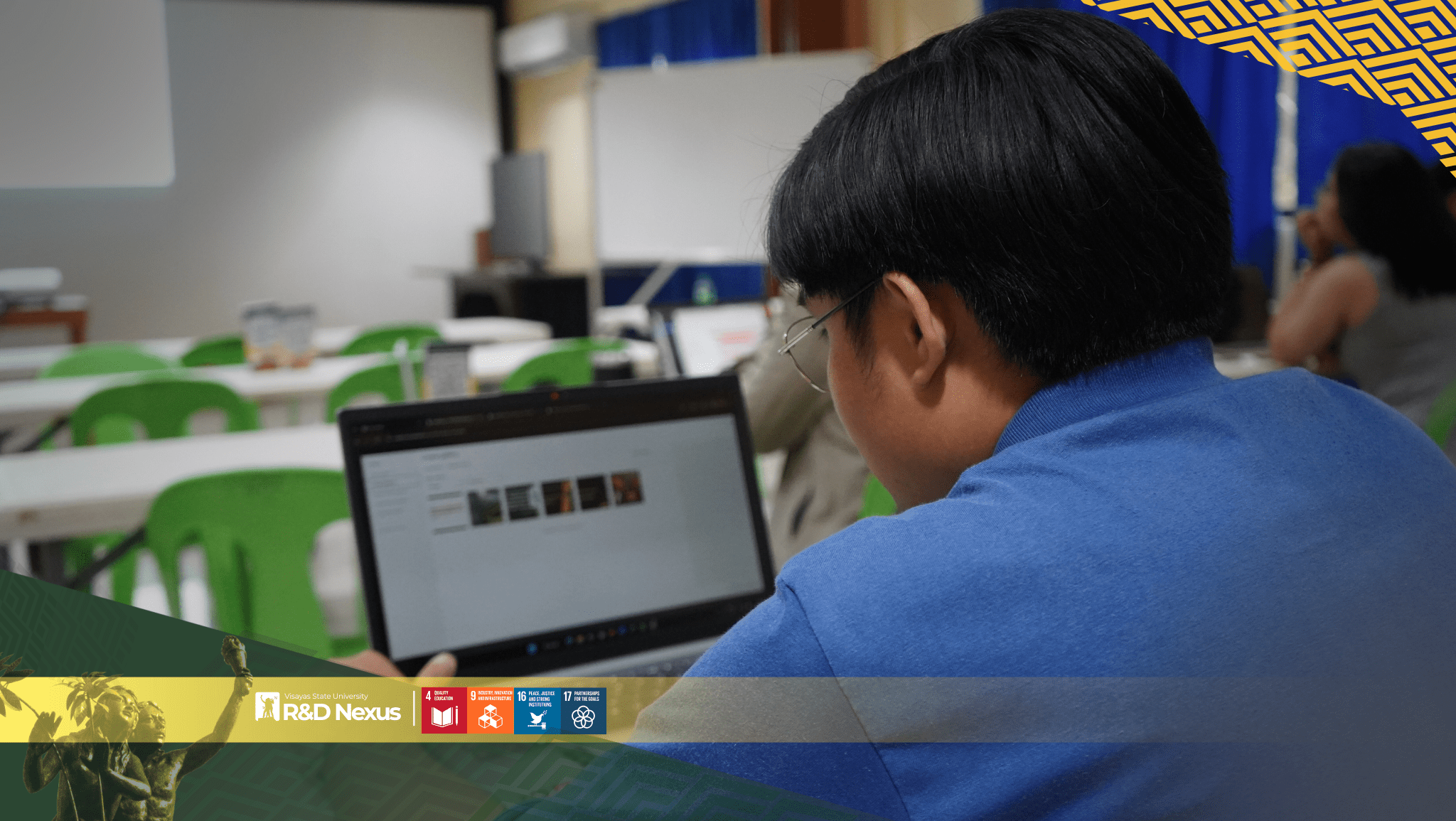
Inside the Research Ethics Board: What You Need to Know
Research ethics is an inherent and inseparable part of every academic writing at the Visayas State University. Whether it involves human participants or animal subjects, the faculty and students are responsible for adhering to ethical standards. The Research Ethics Board (VSU-REB) demonstrates the university’s commitment to ethical practices. By emphasizing ethical principles and guidelines, the institution upholds the pursuit of high-quality research and teaching and remains at the forefront of its efforts.
From Vision to Institution: The Birth of University REB
Before the establishment of REB, the VSU-University Ethics Research Committee (VSU-UERC) acted as the first Academic Institution-based Research Ethics Committee (AI-RECs) focused on human subjects, now renamed the Human Ethics Review Committee (HERC), and the Institutional Animal Care and Use Committee (IACUC) focused on animal welfare. On June 3, 2022, the VSU BOR Resolution approved the primary function of the UERC and IACUC as a key component in safeguarding the dignity, rights, safety, and well-being of all actual and potential human participants and animals in the proposed studies, including students and faculty of VSU.
In due course, the university created the Research Ethics Board (VSU-REB) as an independent office under the jurisdiction of the Office of the Vice President for Research, Extension, and Innovation (OVPREI). Last February 14, this year, after reviewing the REB Manual, the proposal received favorable action from the University Administrative Council (UADCO), signaling its institutional support for the unit. The the Board of Regents ratified the proposal on June 3 through BOR Resolution No. 48, series of 2025, officially recognized as Visayas State University Research Ethics Board Manual. Built on a clear framework and backed by university policy, the REB was fully institutionalized in VSU.
Understanding REB and its structure
REB’s mandate is to ensure that the VSU produces and supports research with the highest ethical standards. Considering that REB involves a great deal of cooperation and coordination among different disciplines and departments, it is divided into two university-level committees: the Human Ethics Review Committee (HERC) and the Institutional Animal Care (IACUC).
Human Ethics Review Committee (HERC)- For studies involving human participants, the HERC evaluates the ethical soundness of research proposals and operates within an internationally accepted ethical framework, such as the Declaration of Helsinki and the Belmont Report, whose principles are consistent with beneficence, justice, and respect for persons.
Institutional Animal Care and Use Committee (IACUC) main responsibility is to review, approve, and monitor the institution’s program for animal care and use in testing and teaching purposes. It also ensures adherence to the Department of Agriculture’s A.O. No. 40, Series of 1999 (Rules and Regulations on the Conduct of Scientific Procedures Using Animals), under R.A. No. 8485, also known as the Animal Welfare Act of 1998, as amended by R.A. 10631.
Furthermore, all members are equipped with foundational knowledge of research ethics and receive formal orientation and training. This ensures that credible reviewers review all submitted proposals fairly and rigorously and meet ethical and welfare standards. The HERC is an independent body composed of nine members from different fields of study with relevant scientific knowledge and a non-affiliated VSU member with no scientific experience. IACUC is composed of at least three members, specifically a licensed veterinarian, a member with experience in scientific procedures involving animals, and a public member not affiliated with the institution, preferably with a concern for animal welfare
Why does REB matter?
The core of an ethical research paper is built on preserving lives and establishing trust and respect for participants. The establishment of the REB is more than just a turning point; it reflects VSU’s integrity as a research university. By designating a clear ethical foundation for inquiry, the REB enables all researchers in the institution to pursue innovation with confidence, compassion, and credibility. As the university extends its knowledge base, incorporates new ideas, and applies innovation through research and teaching, the REB serves as both a protector and a guide, ensuring that every step forward is also done right.













